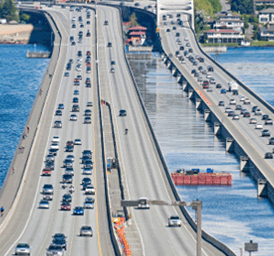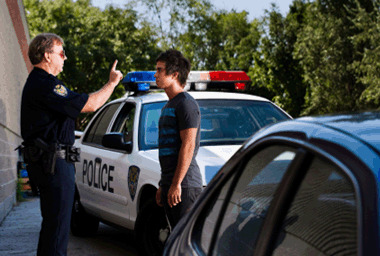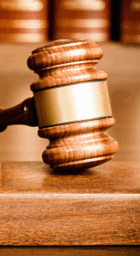Apr 29

How "Minor" Speeding Tickets Became Frequent Offenses With Major Consequences
Last week I was in Monroe, Snohomish County during one of my frequent visits there to fight some speeding tickets on behalf of my clients. I had the pleasure of visiting the courtrooms of the Honorable Steven Clough and the Honorable Patricia Lyon, the two sitting district court judges of the Evergreen Division of the Snohomish County District Court. Judges Clough and Lyon are two of the best district court judges in our state: theses judges listen to attorneys, think before making rulings, and fairly apply the law.
During my visit to Judge Clough’s courtroom for a contested hearing calendar, the State’s prosecutor and a defense attorney engaged in some argument over the amount of evidence needed to convict a defendant of speeding. Judge Clough explained that he had assumed his position on the bench when speeding offenses were criminal offenses in the State of Washington and that a great debate ensued prior to the Legislature’s decriminalization of most traffic offenses in 1981. At the time, the police were complaining that they were spending too much time in court on “minor” traffic offenses that were criminal, and if the Legislature decriminalized these offenses, the police wouldn’t have to be in court as much. San Francisco was doing the same thing with fire code violations, so why shouldn’t the State of Washington do the same thing? Eventually the Washington Legislature followed in San Francisco’s footsteps and changed the classification of most traffic offenses from crimes to civil infractions.
In explaining his ruling that opinion evidence alone is not enough to convict a driver of speeding and that he had been reversed by the Superior Court 15 years earlier for holding otherwise, Judge Clough brought up an important point: these offenses are “minor” to whom? Would decriminalization make traffic tickets any less important to the person who is stopped by a police officer and issued a speeding ticket? In the last 30 years, the police still spend a lot of time in court and traffic infractions are not minor to the people who get them.
In addition to Judge Clough's observations, I offer the following considerations: given the increased frequency of traffic infraction filings in the State of Washington, are these tickets “minor” to the people who face increased insurance premiums for auto and life insurance? What about the teenaged, intermediate driver license holder who faces a long suspension of her driver’s license and can’t driver to her summer job? What about the truck driver whose employer might terminate his employment? Or the single mother who, given increased premiums, will not be able to continue to drive her children to soccer games? Are these considerations minor?
Although the Legislature no longer authorizes judges to impose jail on civil infractions (though some judges will impose jail time if the offenses violate probation on a criminal offense), the consequences of civil traffic offenses are not minor. The offenses carry significant financial and major lifestyle consequences for those drivers who receive traffic tickets and don’t do anything to challenge the offenses. If you have received a traffic ticket, it is important to consider all of the consequences and contact my office or another experienced professional who can help with these offenses before you make a decision that could adversely affect your insurance and your driving privilege.











